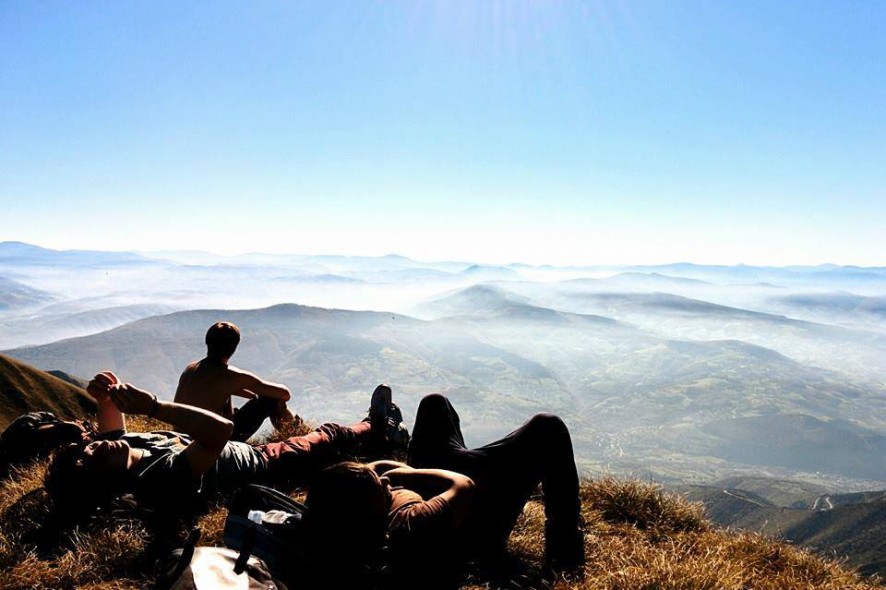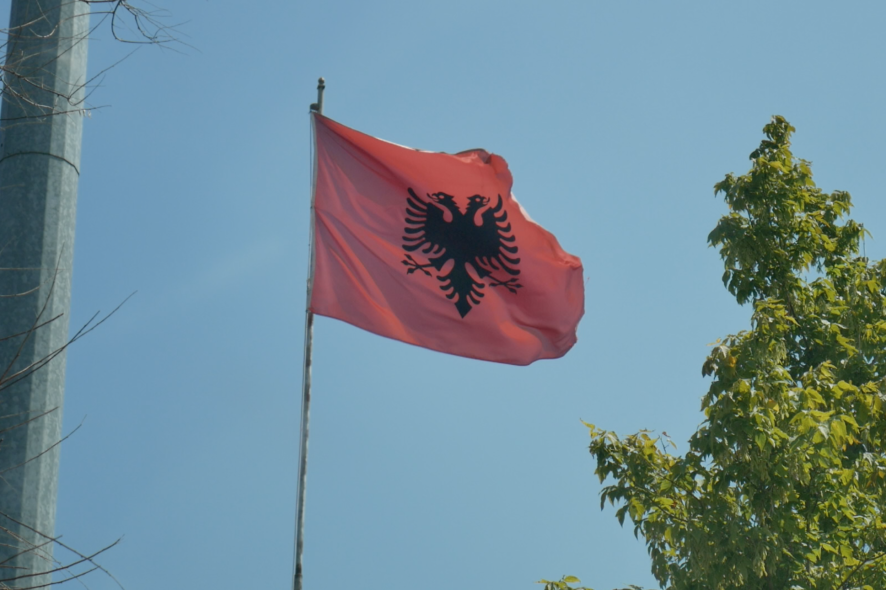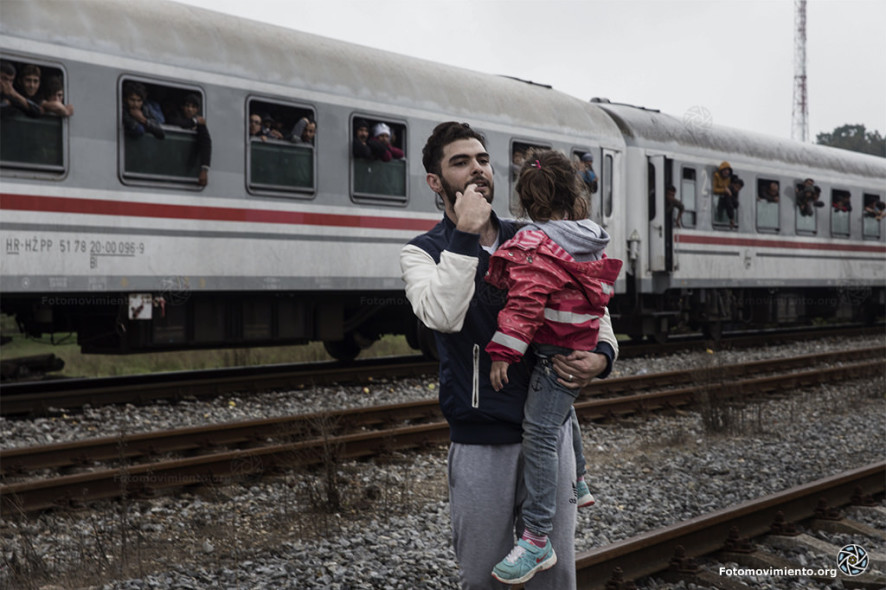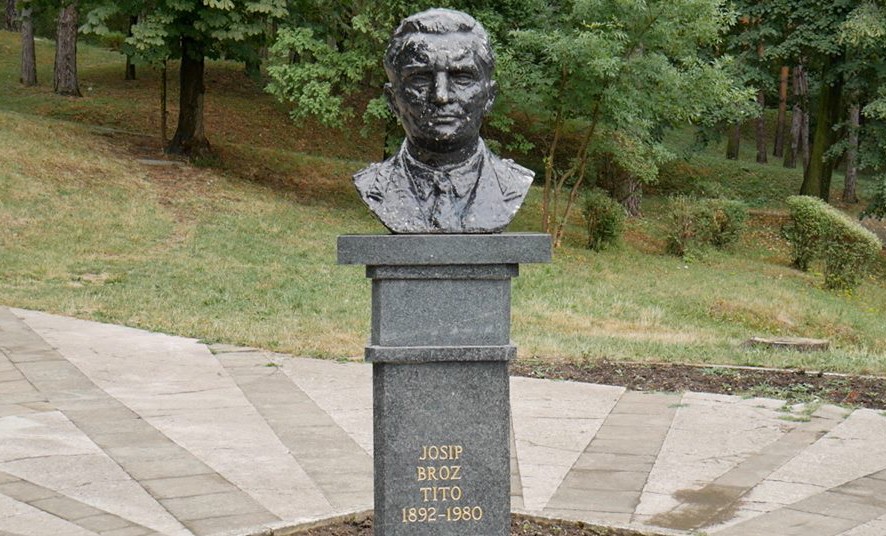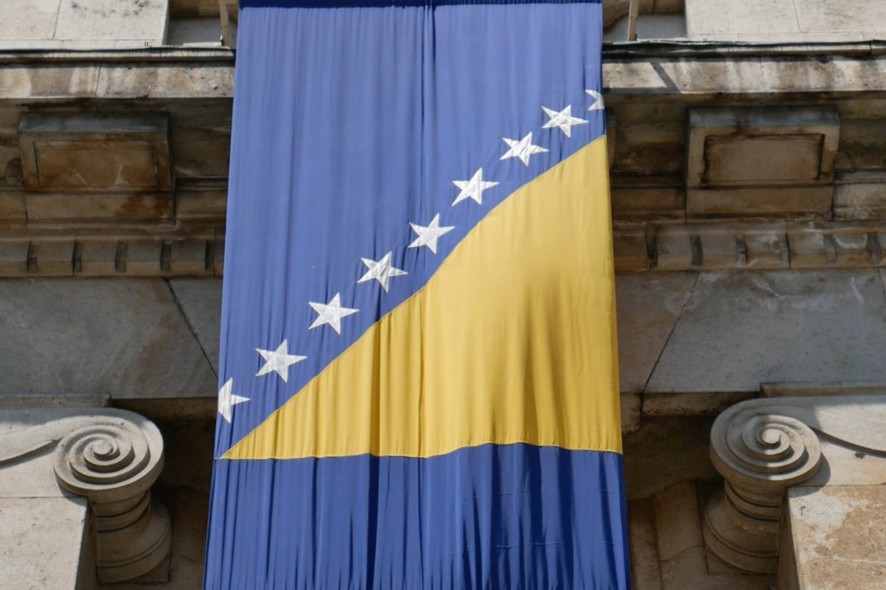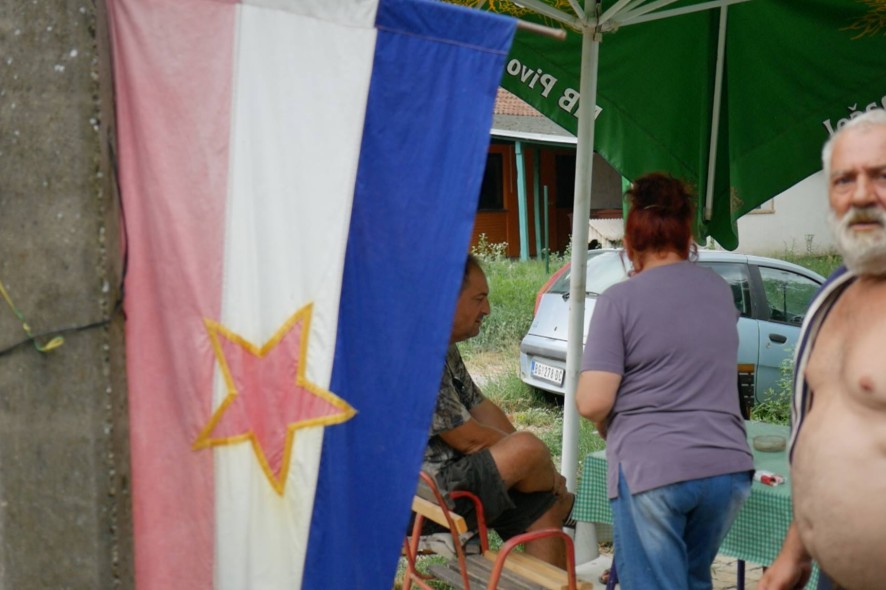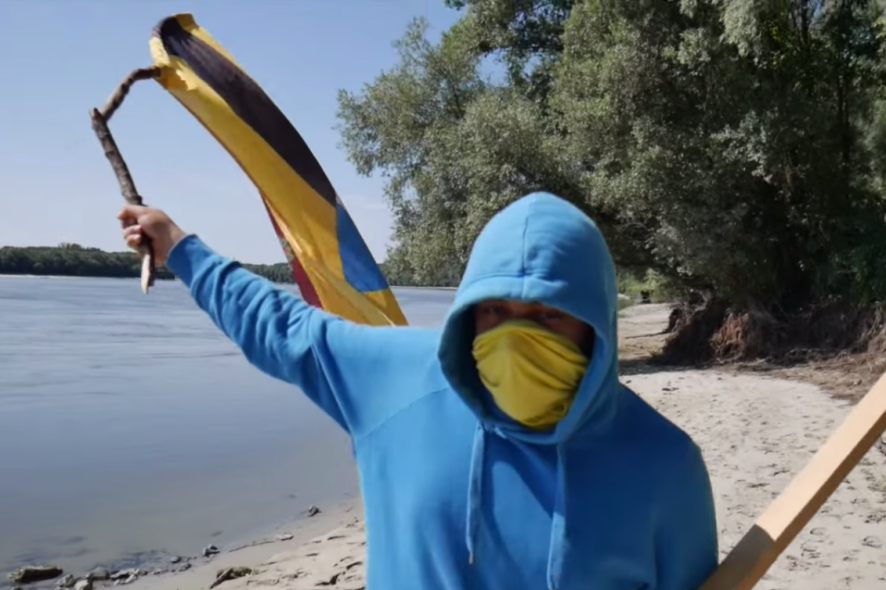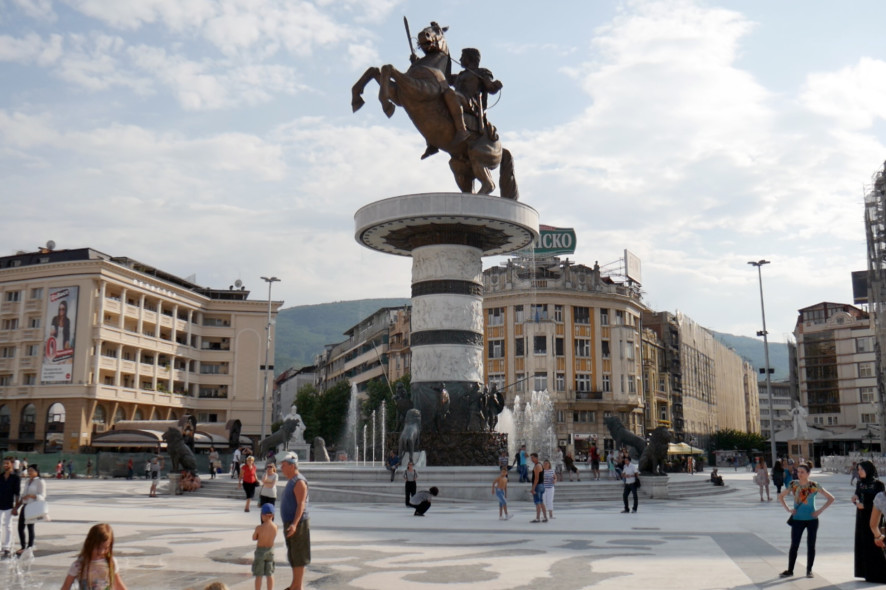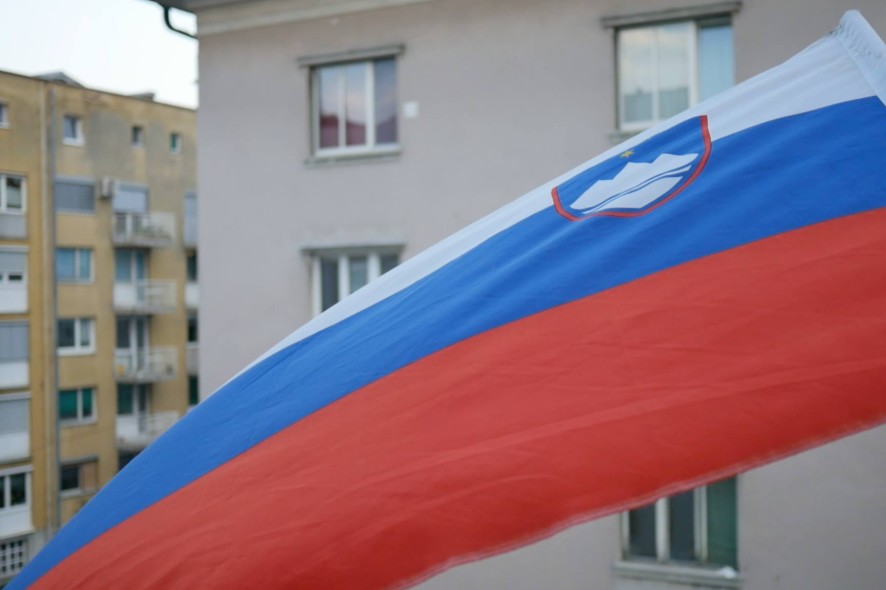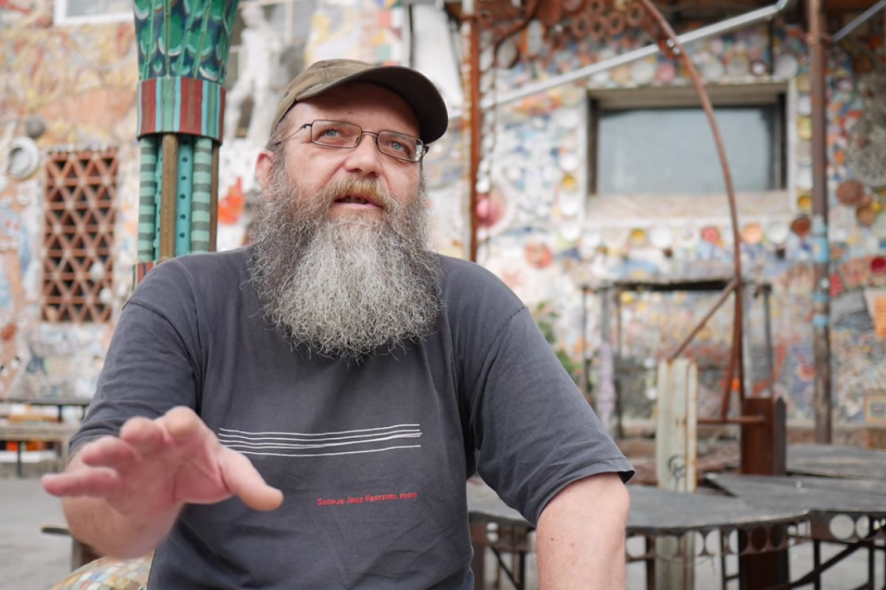Oliver Štoffa reports about his mind-moving experiences during his exchange semester in Sarajevo.
“But seriously, why did you guys come to study here? Even my grandma couldn’t believe that…” was the question followed by a horse-laugh of my two Bosnian classmates, interrupting work on our school assignment for a good few minutes. This burst of emotions left me thinking, although I had to get used to clarifying this conundrum as a daily routine during my exchange semester in the capital of Bosnia and Herzegovina, in the autumn 2014.
After spending one awesome Erasmus semester in Finland, I could not simply sit still without trying to find my way to another international experience. Although the range of possibilities was pretty wide, nothing seemed more attractive and challenging than the beauty, temperament and chaos of Western Balkans – the labels I had in my mind before and during my stay, and I could use them without big adjustments even today. My patience-testing quest for classes held in English turned out to be a fine filter resulting in a single choice – Faculty of Economics at University of Sarajevo. Here comes my first advice for potential followers: It is never too early to start researching about course offers. Yet it doesn’t give you any guarantee that during the first month of your stay you won’t be coming back from your faculty unsure about courses you can take. For some of my friends it turned out to be quite frustrating, because they weren’t even sure whether they could participate in their exchange programmes.
My first encounters with the city, its people and culture were well guided by my awesome Bosnian flatmate, who made it hard for me to imagine a better start of the exchange. Instantly submerged into joys and troubles of local life, I learned very soon what makes people fall in love with Sarajevo, and, on the other hand, what makes many want to leave.
Already before my arrival, he had been a great help for us to find a common accommodation – a cosy apartment near the very centre of the city. In general, it is relatively easy to find a decent place to live for any time period, sometimes with the only obstacle being the language barrier. With student dorms rumoured not to be in the best shape and with rather strict curfew, most exchange students opt for private apartments.
The first two weeks before the semester began were dedicated to our orientation consisting of miscellaneous trips and activities arranged by Erasmus Student Network (ESN) Sarajevo. Together with an intensive Bosnian language course it formed a rather tight schedule with a strong team-building effect, as the total count of exchange students was not more than twenty. The fledgling branch of ESN seemingly having more members than that certainly had a tough role entertaining our small, rather untypical ‘Erasmus cohort’. Sadly, after the very intensive start only few of them had spare time for their realization within ESN and besides one or two short trips, our contact with them was limited to hanging out at dinner parties or bars. Yet, to my knowledge, they have been making certain progress in balancing their workforce and activities.
The less can be more, and so it was with our ESN caretakers. Some have become closely connected to us, as it in general goes easily with warm and welcoming personalities of locals in Bosnia.
What people also treasure about the ambience of the local culture is the relaxed lifestyle based on abundance of coffee and cigarettes, where probably the only legitimate reason to hurry somewhere is warm burek (pastry stuffed with beef) or its variants with cheese, potatoes, etc. I am not sure, if I ever met anyone who wouldn’t love these gems of local cuisine, unless calories set priorities.
So what keeps locals fit enjoying dangerously tasty greasy pastries while sports are not really a part of daily grind? “We have a lot of stress with our authorities and all the bureaucracy, that’s where most of our energy goes to” I once heard somewhere.
Bosnian bureaucracy. That was a big pain also for us foreigners, as many of us agreed that we hadn’t seen it on such ridiculous levels anywhere else. Not to get lost in verified copies of verified documents needed for verification of copies of other verified documents proved to be sometimes quite challenging. On the other hand, the detailed requirements for residence permit made me feel confident that I did not bring HIV into Bosnia. Thank you, the ministry of foreign affairs.
When it all gets too frustrating, you just have a cigarette. No matter where you are. That is why, unfortunately, one must simply forget about tolerance for non-smokers.
I could discourse on pages describing the beauty of diverse nature of Bosnia and Herzegovina. Having my mountain bike with me, I was lucky to discover many marvels in the mountains literally surrounding the city. Besides that, most of the country situated in Dinaric Alps gives ideal opportunities for various trips, even if you are free only on weekends. The luckier ones will appreciate the proximity of other, normally only difficult accessible Balkan countries.
Although I can’t say that this experience makes me want to spend my life in Sarajevo, I do believe that only few places in Europe offer such an interesting and diverse exchange semester. And such good burek.

